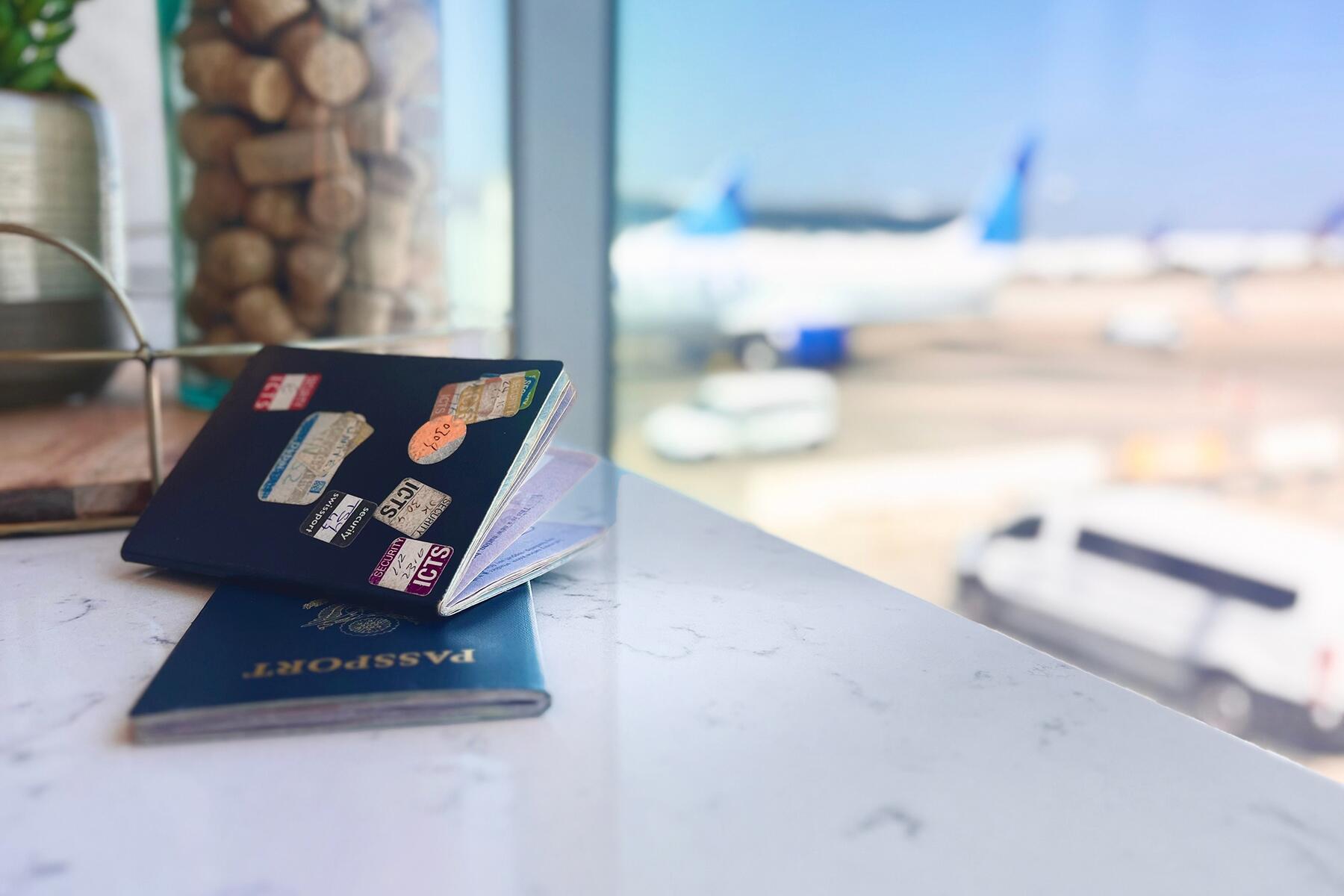
If you've traveled outside the U.S. within the last few years, you've probably noticed cashiers scanning credit cards in a very peculiar way. Rather than the swipe technique we're accustomed to in North America, merchants in many other countries insert a card into the machine, just as you would at an ATM.
Credit cards used abroad include a technology called “Chip and PIN,” in which account details are stored on a secure chip on the front of the card, rather than in the much more vulnerable magnetic strip on the back. Most of these accounts also require a four digit PIN code with every credit transaction, like debit cards do in the U.S., making it much more difficult for thieves to make fraudulent purchases.
Following the major Target breach earlier this year, credit card issuers in the U.S. are finally beginning to issue Chip and PIN cards to their customers. Barclaycard was the first bank to adopt the new technology, shipping cards to new and existing account holders beginning just last month. A few other products, such as Chase's Sapphire and Hyatt cards, some Citi AAdvantage cards, and select offerings from American Express, have included a similar technology, called Chip and Signature, for quite some time.
On the surface, a Chip and Signature card looks identical to its PIN-equipped counterpart, but instead of typing in a passcode, you're required to sign a receipt. Businesses that can't process swipe cards can usually accommodate Chip and Signature, but the cashier may be caught off guard when they're prompted to ask for you to sign. In short: don't expect a flawless experience across the board.
Recommended Fodor’s Video
The Paris metro is notorious for being incompatible with traditional U.S.–based cards, making it very difficult to get a ticket when you don't have cash. Plenty of smaller vendors around the world may not support purchases as well, but the French capital's public transportation system is the most infamous example. While you'll struggle with Chip and Signature at vending machines in Paris, PIN cards should work fine. If you're planning a trip overseas, the Barclaycard Arrival is currently your best option for ensuring compatibility abroad.
Even though you're able to get a card today, it'll be a few more years before merchants begin processing chip transactions locally. In the meantime, you'll still be able to swipe and sign using these newer cards, so there's really no downside if you want to embrace the new technology right away. Replacement Arrival cards will ship with the chip, but if you want one sooner, a customer service rep can arrange to send one out at no charge.


